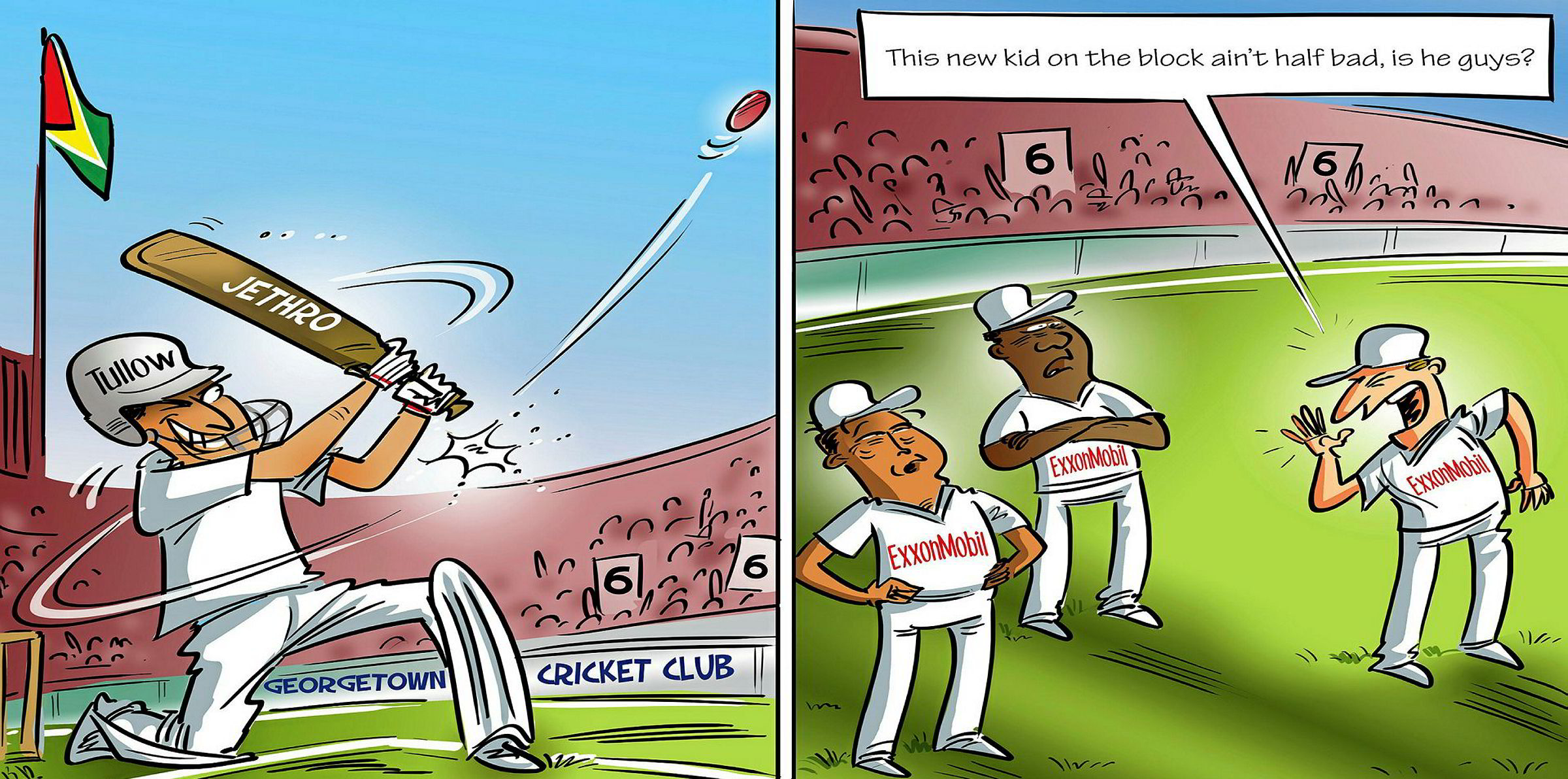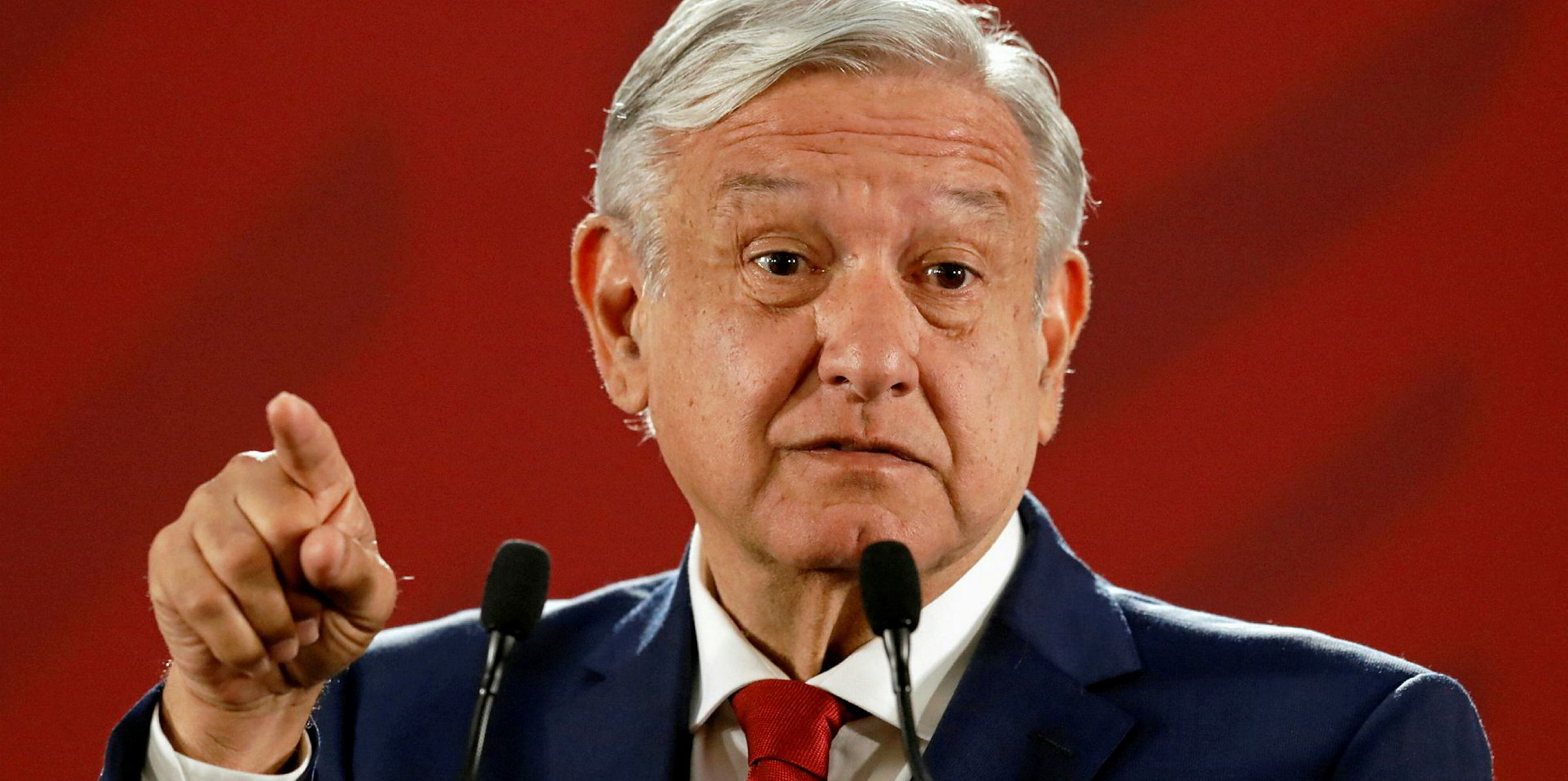OPINION: It is Argentina's turn to watch as financial markets are disabused of an apparent faith that a populist outcome cannot occur just because it seems so damaging to a nation's economy.
Confirming the worst fears of many investors, ex-president Cristina Fernandez de Kirchner made her political comeback as running mate to neo-Peronist candidate Alberto Fernandez and subjected President Mauricio Macri to a humiliating defeat in primary elections held last week.
These polls are supposed to serve as a qualifying hurdle for candidates standing in subsequent general elections, but the defeat was heavy enough to lead most analysts to the conclusion that Macri is unlikely to get beyond the first round of real voting in October.
Macri tried to impose fiscal discipline in the midst of a deep recession but stubbornly high inflation and his inability to make voters feel any benefit from an unpopular $57 billion International Monetary Fund bailout led to the backlash that materialised last weekend.
Macri has also been trying to wean Argentine consumers and companies off unsustainable subsidies and, though the task was proving difficult, his policies were boosting investment flows, especially in the oil sector.
Investors are mindful of Kirchner’s past record of imposing subsidies and price controls on industry, plus her notorious expropriation of Repsol’s assets in the country.
The result sent shock waves through Argentine's stock and bond markets, with record losses on Monday, only some of which were pared back the next day.
Macri insists that all is not lost, but analysts think that any chance of winning support for austerity is gone, partly because the fallout from the latest market collapse, including currency devaluation, will make things even worse.
Spiralling national debt, much of which is exposed to foreign currencies, raises the spectre of a default on the biggest IMF loan ever as Macri's chances fade.
The oil companies have done what they can to give Macri some breathing space and they continue to do so. Argentina’s unconventional oil and gas resources could have helped the country out of this mess.
The Macri administration has battled gamely to help the Vaca Muerta producers become competitive enough to turn the region into a big exporter of natural gas, overcoming seasonal swings in domestic demand.
However, investors worry that this window of opportunity may be closing before the development of this world-class shale resource has reached anywhere near its potential.
Those investors will probably be forced to chance their luck with Alberto Fernandez, who has been a critic of Kirchner in the past and, as a supposed moderate, could surprise the markets by taking a relatively orthodox approach to economics.
The parlous state of the Argentine economy means Kirchner has limited scope for reviving her former policies, and may even be more concerned with using the vice-presidency as a shield against the multiple corruption charges she is facing.
Such pondering will provide little solace to investors, however, and the reemergence of Kirchner's former sidekick Axel Kicillof as the surprise winner in the gubernatorial primary for Buenos Aires has deepened the gloom.
Flanked by Kirchner and Kicillof, claims by Fernandez to be a harbinger of change can only ring hollow.
(This is an Upstream opinion article.)

